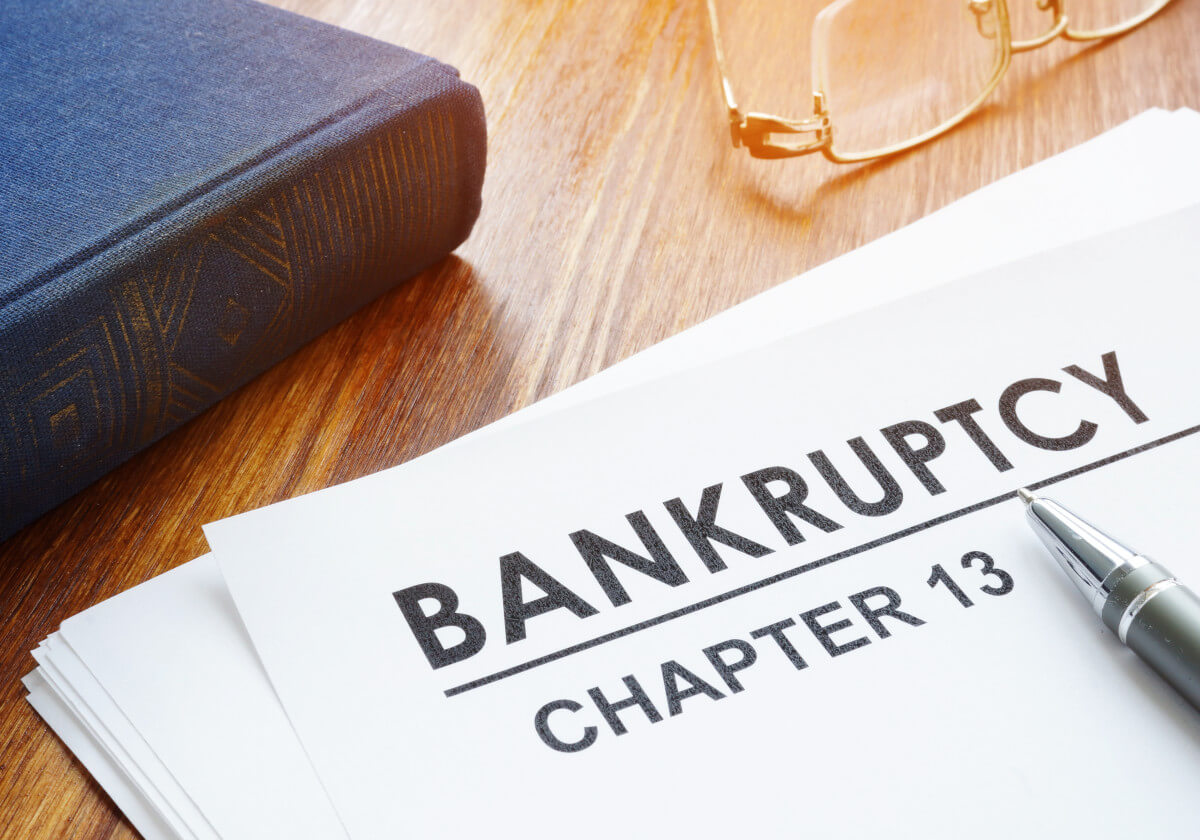 A Chapter 13 reorganization is often the best and most comprehensive form of debt relief for individuals who (1) would like to realize the much larger set of benefits that Chapter 13 offers; (2) individuals who are at risk of losing property if they were to file a Chapter 7 case and prefer to avoid that risk; or (3) those who do not qualify for a Chapter 7 case due to a higher average income or for other reasons. A Chapter 13 offers a way to pay off the debts you can afford and, with a couple of exceptions, to wipe away the rest over the course of either 36 or 60 months.
A Chapter 13 reorganization is often the best and most comprehensive form of debt relief for individuals who (1) would like to realize the much larger set of benefits that Chapter 13 offers; (2) individuals who are at risk of losing property if they were to file a Chapter 7 case and prefer to avoid that risk; or (3) those who do not qualify for a Chapter 7 case due to a higher average income or for other reasons. A Chapter 13 offers a way to pay off the debts you can afford and, with a couple of exceptions, to wipe away the rest over the course of either 36 or 60 months.
Our seasoned bankruptcy attorney can help you to protect your hard-earned assets by designing a Chapter 13 repayment plan that will allow you to get control of your debts, pay back what you can afford at a measure pace, and to secure a fresh financial start. Chapter 13 bankruptcies can be complex, much more so than a Chapter 7. But, with the steady guidance of a seasoned bankruptcy attorney at The Kurta Law Firm, PC you will be well-positioned to successfully complete your Chapter 13 repayment plan.
Benefits of a Chapter 13 Reorganization
A Chapter 13 reorganization has many great benefits. Here are some of the most notable things that you may be able to do through a Chapter 13 plan:
- Cram down the amount that you owe on your car loan to the current fair market value of the car (which can be thousands of dollars less) and reduce the loan interest rate to 5%;
- Stop a foreclosure of your house and pay off missed payments at a rate you can afford until you are current;
- Completely get rid of a second mortgage securing your home;
- Modify the terms of your mortgage (not applicable in all jurisdictions);
- Shield all of your assets from risk of loss;
- Pay off newer tax debts at a measured pace and wipe away older tax debts and penalties;
- Wipe away credit card debts, medical bills, personal loans, etc.;
- Prevent a repossession of your car
Individuals in a Chapter 13 reorganization bankruptcy generally only need to make one payment per month to take care of all of their debts.
Who Can File:
- Broad debt relief is generally available through a Chapter 13 bankruptcy. However, this alternative is not for everyone. Here are a few restrictions to keep in mind:
- Not an option for business: A Chapter 13 is not available as an alternative for debt relief for corporations or LLCs. Only individuals may file under this chapter. Consequently, business-related debts for which you are personally responsible (e.g. personal guarantees on business loans) are covered by a Chapter 13 reorganization.
- Reliable income is needed: When you file a Chapter 13 case, you will need to show that your household income is reliable and sufficient to cover your regular household expenses as well as the Chapter 13 plan payment.
- Debt limits: Secured debts and unsecured debts cannot exceed certain amounts that are specified under Section 109(e) of the Bankruptcy Code.
- Prior Filers: To obtain a discharge of your debts, at least 2 years must pass from a prior Chapter 13 bankruptcy filing before a new one can be filed. If you previously filed a Chapter 7 case, at least 4 years must pass before a subsequent Chapter 13 filing.
How the Chapter 13 Case Ends
After completing your repayment plan, we must show the court that you are current on your child support and alimony obligations (if applicable) and that you have completed a financial management counseling course (which can be done online in about 1 hour). If you meet all of the requirements, the remaining balance on qualifying dischargeable debt gets wiped out. You should now be largely debt free (except for perhaps a home mortgage or a student loan, if you have one).
To learn more about your legal options and whether a Chapter 13 reorganization plan is the right fit for you, call us at (925) 385-8586 to schedule a free consultation with an experienced bankruptcy attorney at The Kurta Law Firm, PC. We can help!